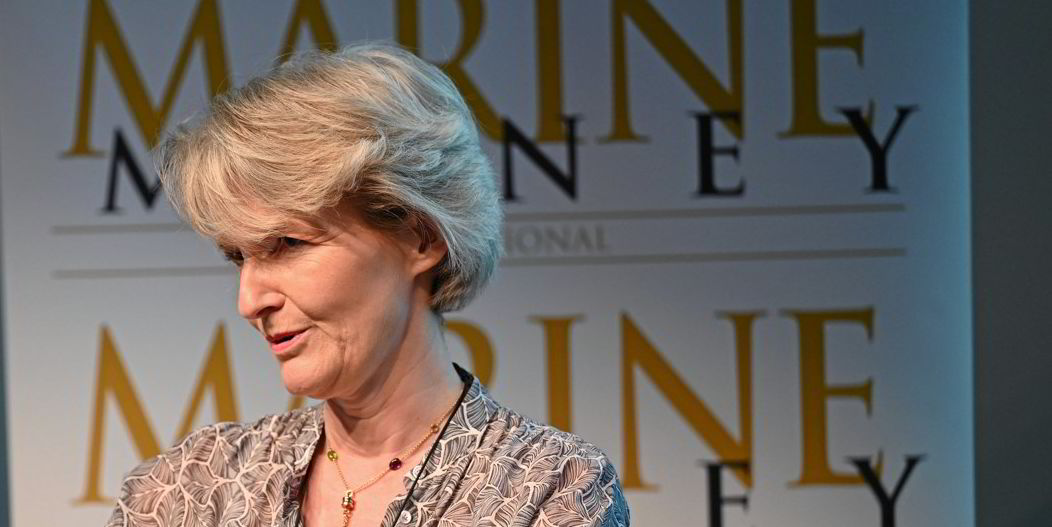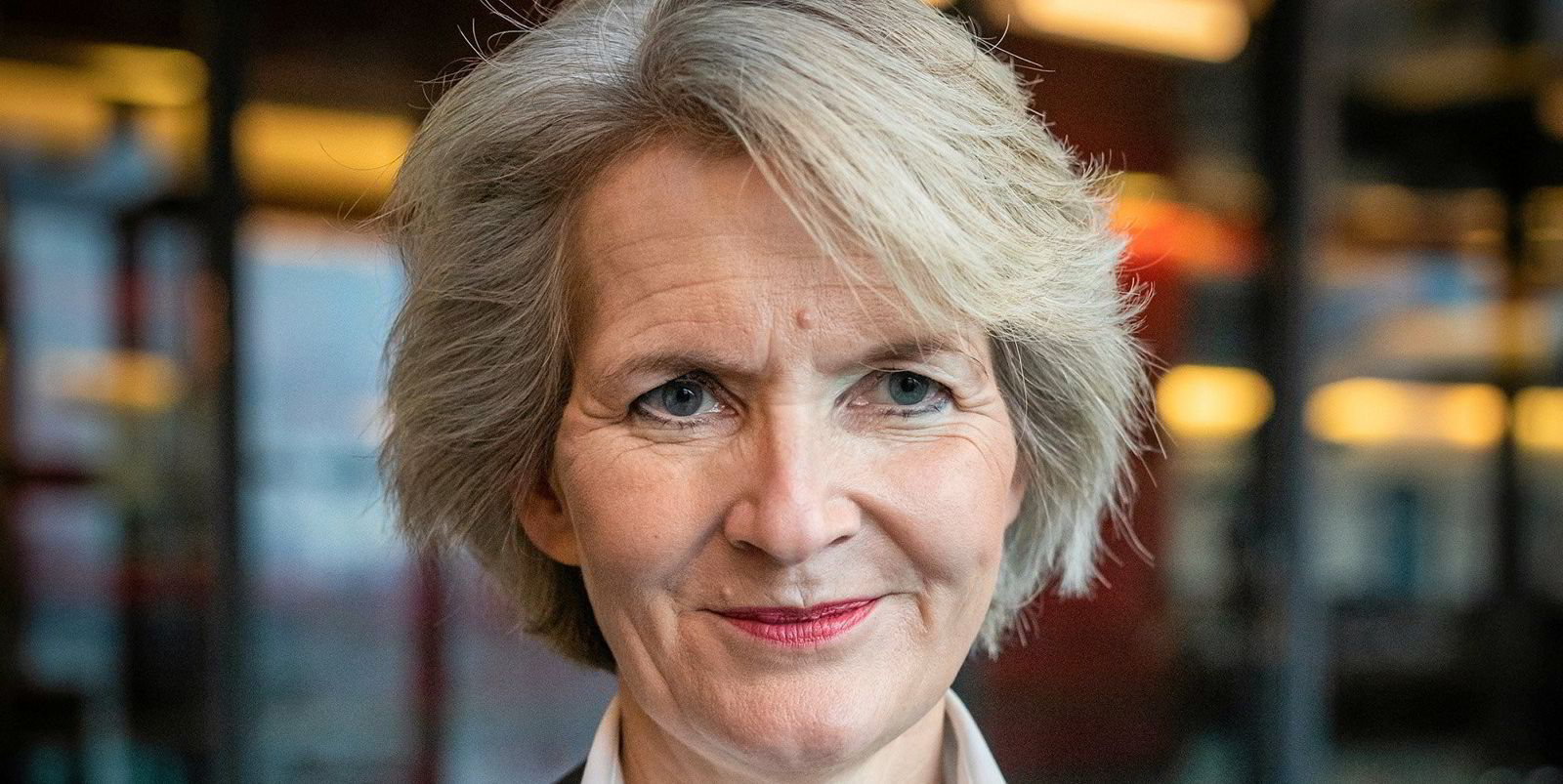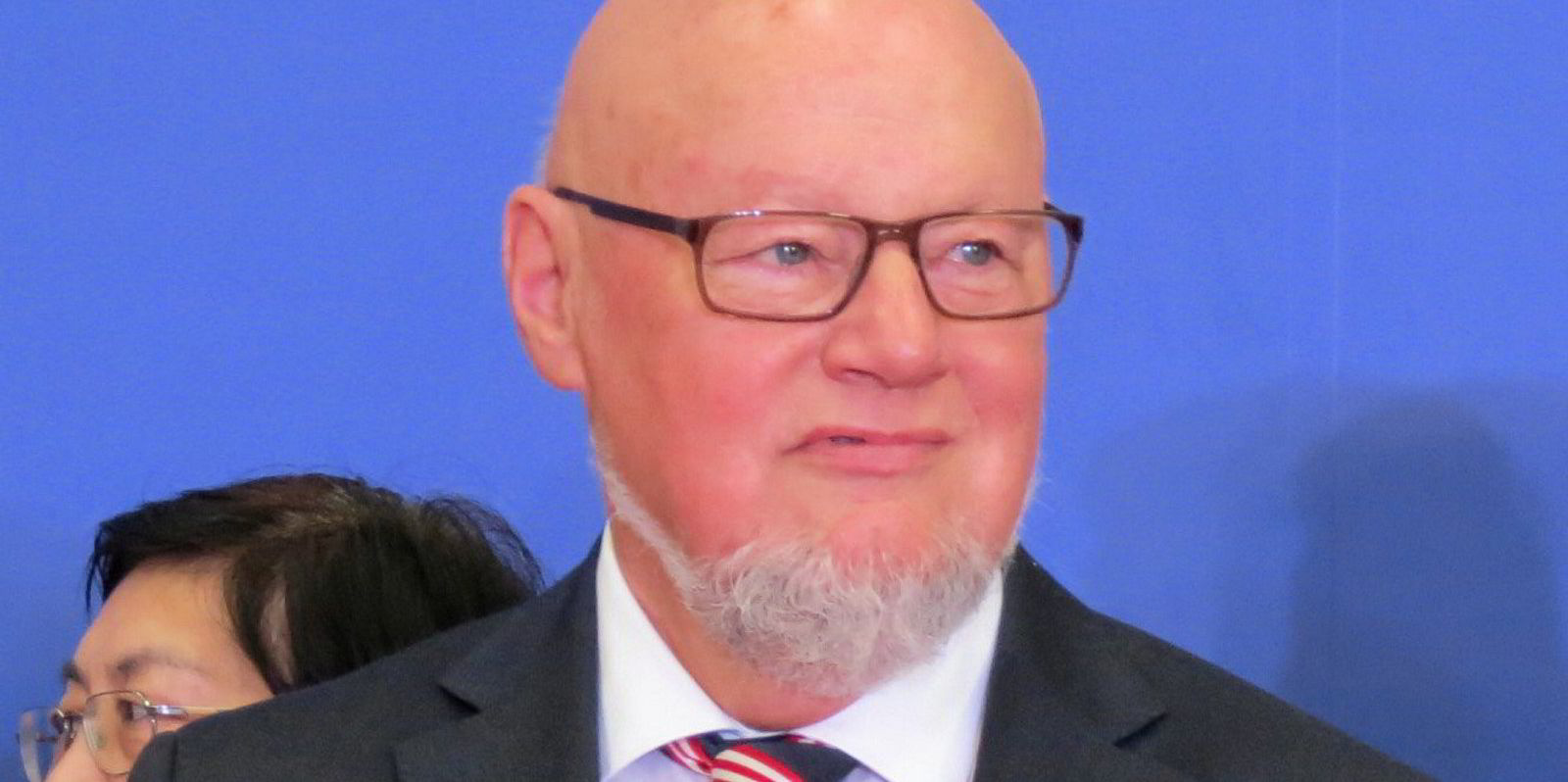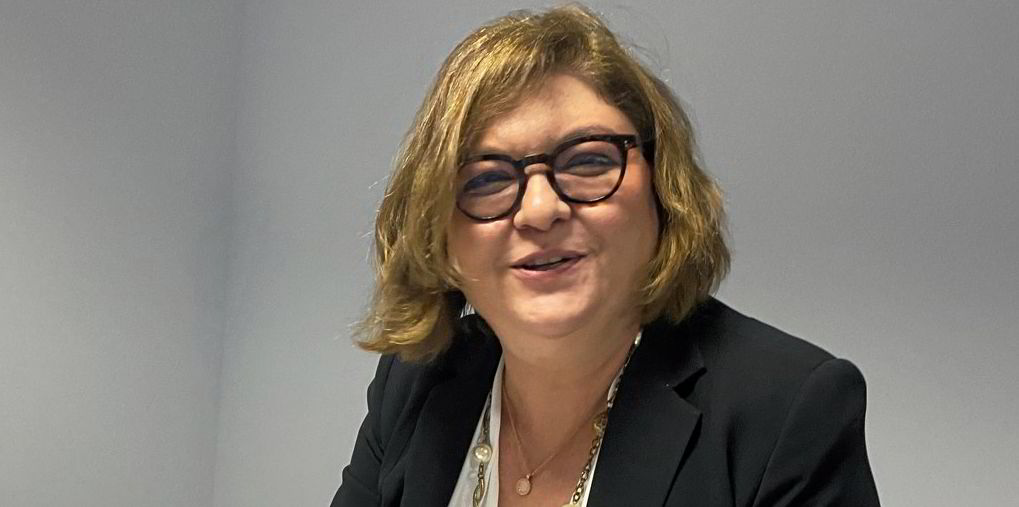Gaby Bornheim has rapidly become the face of the German shipowning community.
But she already had plenty on her plate as managing director of Peter Dohle Schiffahrts, one of Germany’s largest shipping companies.
So what made her take on the additional role as president of the German Shipowners’ Association (VDR)?
Some believe the answer lies partly in the resolution of a long-running tussle over the direction of the national shipping body.
For many years following the financial crisis, discontent had brewed among traditional shipowner members of the Hamburg-based association.
Some felt the VDR had become more representative of large liner operators than of traditional tonnage providers.
Others felt it was too profligate in its spending.
‘I like to argue’
That led some shipowning companies including, Dohle to vote with their feet and exit the association. Dohle only rejoined around a year ago after the shipowners’ body conceded to changes to its organisational structure.
That seems to have played a pivotal part in Bornheim’s election as president in December 2021.
Speaking to TradeWinds, Bornheim described the VDR as being back into the hands of “real shipowner companies — for a period it was not”.
“You can’t only criticise,” she said. “And if you see developments going in the right direction, you have to take responsibility.”
Her presidency marks the start of a new era for the VDR.
A lawyer by profession with a doctorate, she started her career as an in-house counsel with Shell, where she learned the personal skills that would equip her for the new role. “I like to listen, I like to argue,” she said.
Bornheim described the organisational changes within the VDR as part of “a generational change”.
While she took over as president from 74-year-old Alfred Hartmann, lawyer Martin Kroger, 47, replaced chief executive Ralf Nagel, 63.
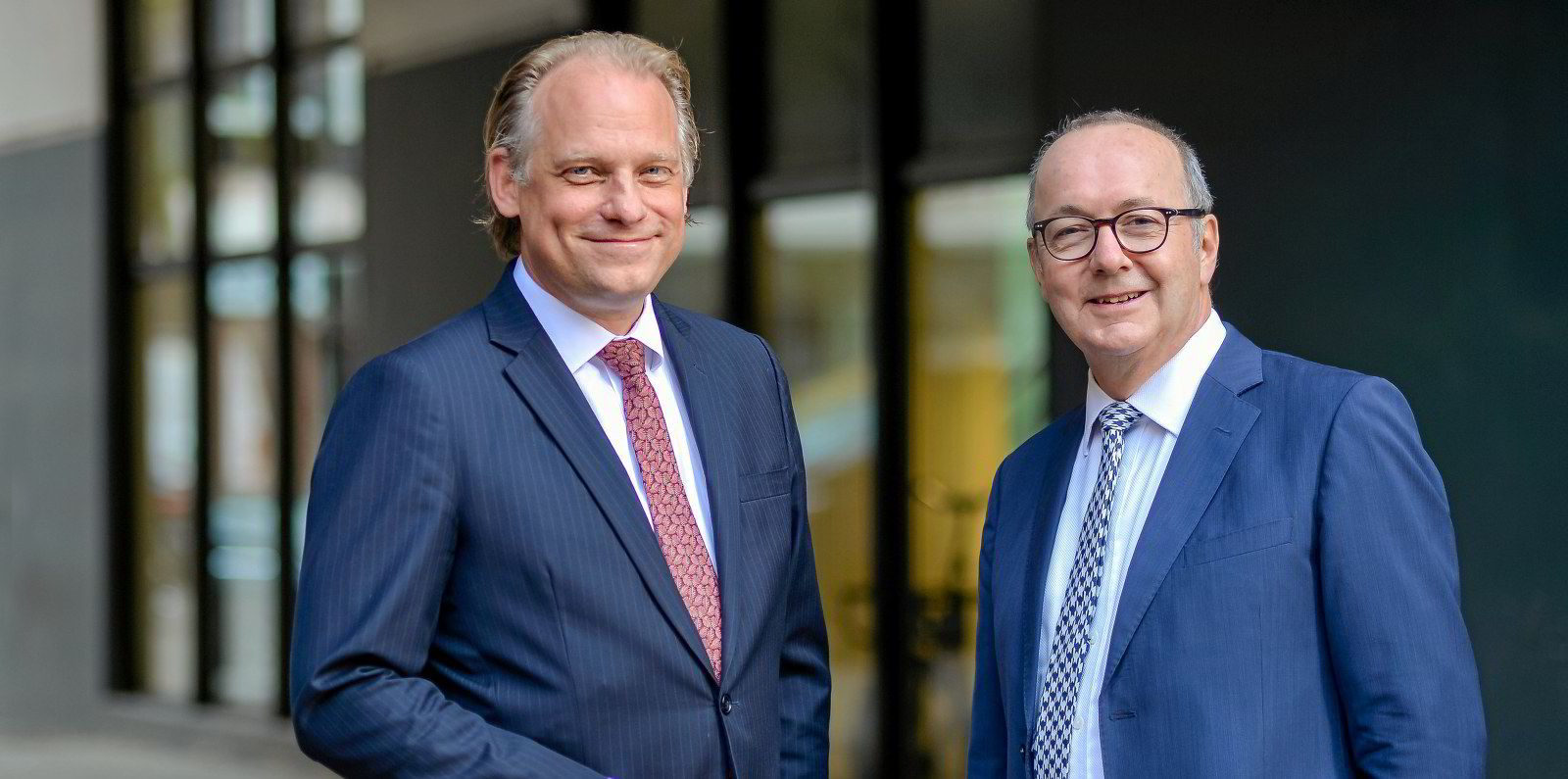
One leading Hamburg tonnage provider believes that the changes were necessary for the VDR to remain relevant to owners.
He said owners had been unhappy about the “neutral” stance that the former leadership had taken with respect to liner operators such as Hapag-Lloyd and Hamburg Sud.
“When there were questions about vessel-sharing agreements in the European Union, the association took a neutral stance in favour of the lines,” the owner said.
“We said: ‘90% of your members are tramp owners’. But they said: ‘Yes, but Hapag-Lloyd paid 40% of the bill’.
“It was not a service provider, it was a political lobby organisation.”
Now that the VDR is back in the hands of the traditional shipowners, Bornheim suggests the primary focus will be on green issues: “I think we need to have an association where we are represented in Berlin and Brussels. We have to put a special focus on that.”
She conceded to being a little bit overwhelmed by the attention that comes from being the first female president in the association’s 114-year history.
Even today, she remains the only woman on the association’s 25-strong board.
Such lack of female representation in the German shipowning community is “burdensome”, she admitted.
“But it’s also about a process of change. It takes time to accept women with specific skills,” she said.
“There’s nothing women can’t do. We have to encourage women already on board our vessels. They are the pacemakers, the front runners.”
Bornheim has been in the shipping industry for a little over 22 years after becoming head of the legal department in a shipowning company.
She took over as co-managing director of Dohle in 2013, although she prefers not to comment on the role she played in helping the Hamburg company through the financial crisis.
Since taking the helm of the VDR this year, she has been an outspoken advocate of “clear sanctions” on Russia after its invasion of Ukraine.
She is also ready to play her part in the drive to make the industry carbon neutral by 2050.
“For us, it’s not just a question of if, but how and when. We are ready.”
As for the future, Bornheim concedes that German shipping has suffered after more than 10 years of crisis.
But she remains optimistic that the second and third generation of shipowners’ sons and daughters can help build it up again.
